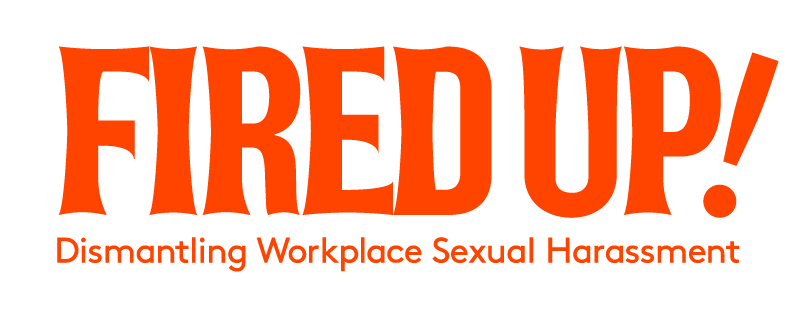Of those that reported a sexual harassment incident, 43% experienced negative consequences as a result.
For 1 in 5 cases, there are no consequences for the perpetrator as a result of the complaint being made against them.
I was worried about how it would affect my career
If you don’t have job security and you’re reporting sexual harassment, there would always be that risk, whether it was real or not, that you might lose your job
The system was created by men, about the needs of men. It wasn’t set up to attend to the needs of the whole community







